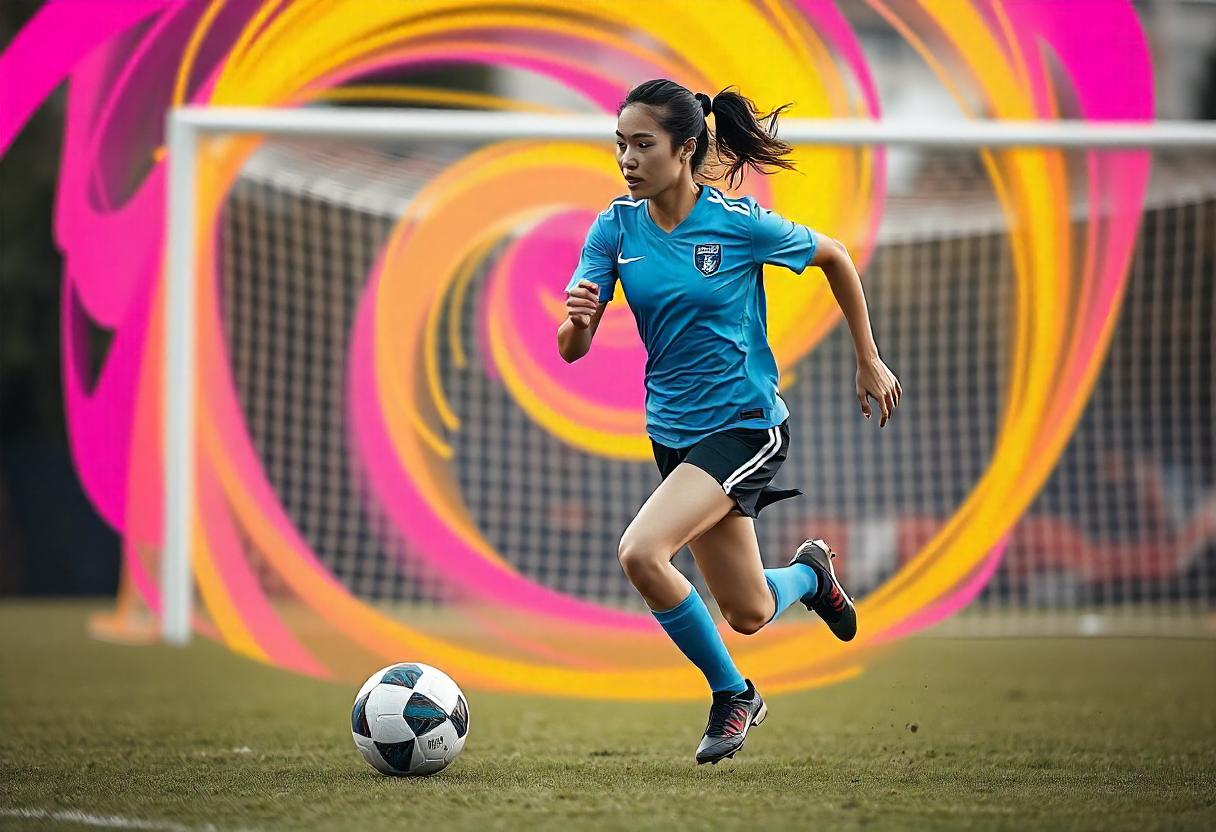Anxiety and its related disorders are the most common mental illness in the United States, affecting over 40 million adults over the age of 18. Out of all Americans suffering from anxiety, only about 37 percent are currently engaged in some form of treatment via pharmacotherapy or psychotherapy. If you’re interested in trying hypnotherapy in Winter Park and Lake Nona as alternative medicine for your anxiety, contact Revibe Therapy today.
SYMPTOMS OF ANXIETY
Symptoms of anxiety include:
- Excessive Worry
- Restlessness
- Hypervigilance
- Difficulty Sleeping or Insomnia
- Unwanted Thoughts
- Irritability
- Feeling of impending doom
- Trembling and Palpitations
- Nausea
Anxiety’s precursor, stress, is often mistaken for being the same as anxiety. But stress is not the same as anxiety, which is a more difficult condition to treat. Anxiety can also go hand and hand with depression.
Anxiety, while being fueled by unaddressed stress, can also cause other conditions, like chronic illnesses, causing a decline in overall health. Although anti-anxiety medications have been shown to treat the symptoms of anxiety, they do not address the underlying cause of the issue.
Medication alone is not the answer to anxiety. Using medication and other forms of therapy or alternative medicine — like hypnotherapy — help treat the emotional problems and stress that contribute to anxiety in the first place.
Research currently shows that those suffering from anxiety have a very hard time overcoming the symptoms, with only about 38 percent rate of success.
WHAT IS ANXIETY?
Anxiety is equivalent to the constant feeling of fear. When you feel afraid, it is often regarded as feeling nervous, insecure, or lacking confidence.
Anxiety often happens when you do not feel in control of the present and therefore worry about the future — worrying about what might happen to you and others. Anxiety in its entirety is really a control issue, and this makes sense since often an individual transitions into anxiety after being exposed to an exacerbated amount of stress. Stress is simply when you try to control too many things all at once.
HOW IS STRESS USEFUL?
When the subconscious mind perceives there are too many things going on via your outer senses or inner perception, it triggers a stress response to perceived danger, called the fight or flight response.
The fight or flight response is designed to get you out of danger as soon as possible or defend yourself as needed with the help of elevated cortisol levels (stress hormones) and elevated adrenaline, this equips you with better speed, agility, strength, and reflex among other skills in order to escape a bear or tiger that’s chasing you, as one example.
WHAT IS THE ROOT CAUSE OF ANXIETY?
The root cause of anxiety — or any feeling of being out of control such as stress, anger, frustration, and guilt — usually happen in the earlier stages of life from the ages of 2 to 9, between these ages you were still balancing out the positive and negatives experiences, and how these are organized in your subconscious (integrated into your belief system).
These experiences, whether good or bad will later help you survive future events with a similar emotional understanding. For example, your three-year-old self is playing in the backyard with toys while your mother is watching you. As she is hanging clothing out in the sun, you look a her various times and smile at your mother while intermittently continuing to play with your toys. Once you lose sight of your mother, you panic and think that mother is not coming back.
As anxiety takes over, you probably start to cry and panic and 10 seconds later, mother comes and reassures you that all is fine. Years later, when you are 18 and go through a break-up, the same feeling comes over you, somehow bringing back that same feeling of abandonment, uncertainty, helplessness, and fear. You may at this point not recall the incident as a three-year-old, but the feeling still remains familiar to you as it is felt by your subconscious and even your body, this time being stronger than before as you have been practicing this feeling in the past years. Hypnotherapy, a form of alternative medicine, can help you process these memories and your reaction to them.
THE MOST COMMON TYPES OF ANXIETY DISORDERS
A few of the most common anxiety disorders include:
- Generalized Anxiety Disorder
- Obsessive-Compulsive Disorder (OCD)
- Panic Disorder
- Post-Traumatic Stress Disorder (PTSD)
- Social Phobia (or Social Anxiety Disorder)
TREATMENT OPTIONS
Anxiety disorders are generally treated with psychotherapy, medication, or both
- Cognitive Hypnotherapy (CBT)
- Support Groups
- Anti-Anxiety Medications
- Beta-Blockers
ALTERNATIVE THERAPIES
The good news is that hypnotherapy is a form of alternative medicine that alters the neuro-bio chemistry of the brain, thus treating anxiety without the negative side effects many anti-anxiety medications.
Hypnotherapy uses the best practices of evidence-based psychotherapy to address disordered thoughts and emotions to when they first began. While you are experiencing hypnotherapy, you are calm but hyper-focused on the present moment. Contrary to popular belief, you do not go into some limbo dimension.
The difference between hypnotherapy and psychotherapy (traditional counseling) is in that the results come from the depth and the speed in which thoughts, emotions, and behavioral change.
HOW DO I KNOW IF I HAVE ANXIETY?
The GAD-7 Scale is currently used by clinicians as a measuring tool to detect the level of Anxiety present in an individual.
Over the last 2 weeks, how often have you been bothered by the following problems?
Not at all Several Days Over half the days Nearly everyday
- Feeling nervous, anxious, or on edge 0 1 2 3
- Not being able to stop or control worrying 0 1 2 3
- Worrying too much about different things 0 1 2 3
- Trouble relaxing 0 1 2 3
- Being so restless that it’s hard to sit still 0 1 2 3
- Becoming easily annoyed or irritable 0 1 2 3
- Feeling afraid as if something awful might happen 0 1 2 3
Add the score for each column + + +
Total Score (add your column scores) =
If you checked off any problems, how difficult have these made it for you to do your work, take care of things at home, or get along with other people?
Not difficult at all __________
Somewhat difficult _________
Very difficult _____________
Extremely difficult _________
GAD-7 Anxiety Severity.
GAD-7 total score for the seven items ranges from 0 to 21.
Scores represent: 0-5 mild 6-10 moderate 11-15 moderately severe anxiety 15-21 severe anxiety.
Related Articles
Blog, Sports Psychology




